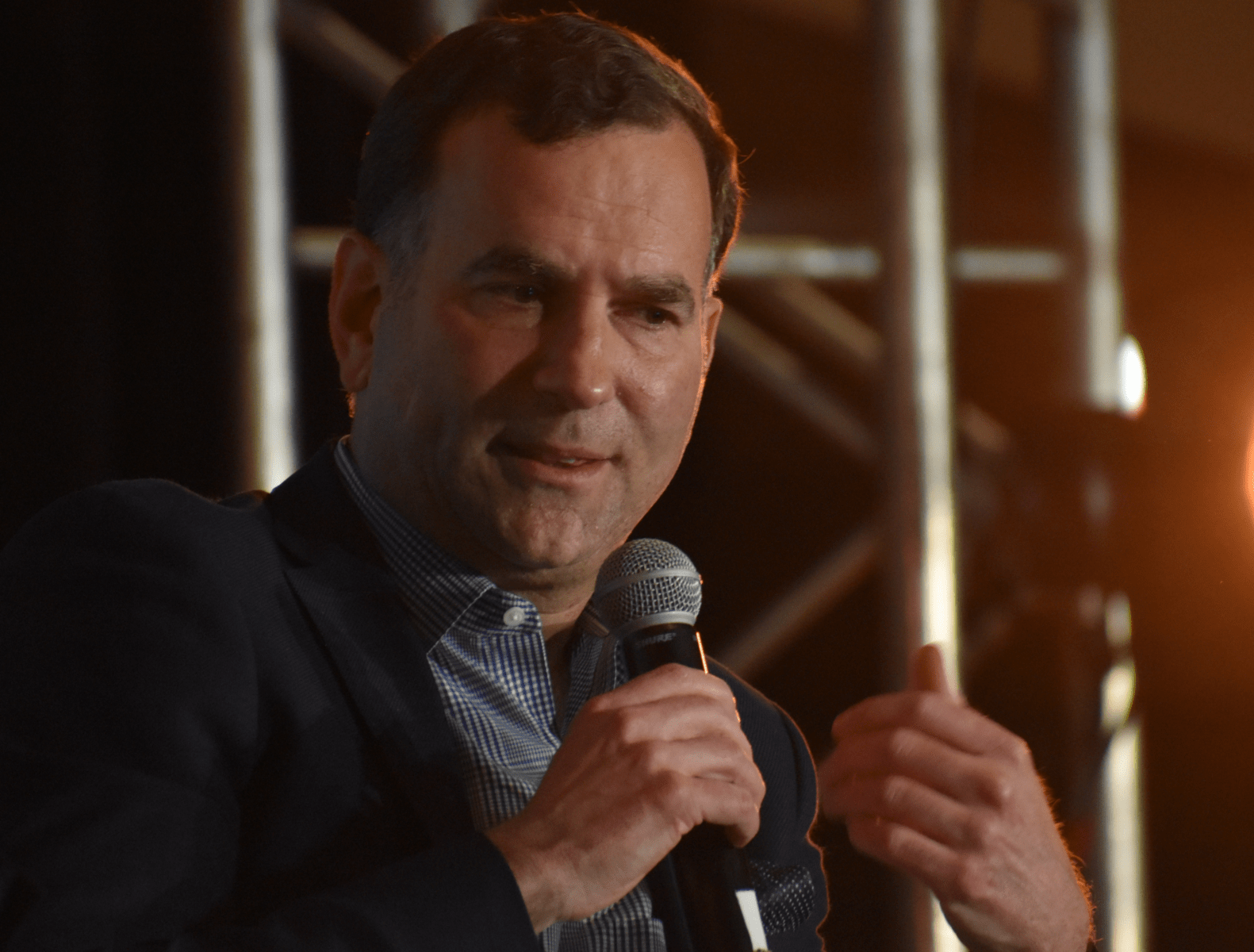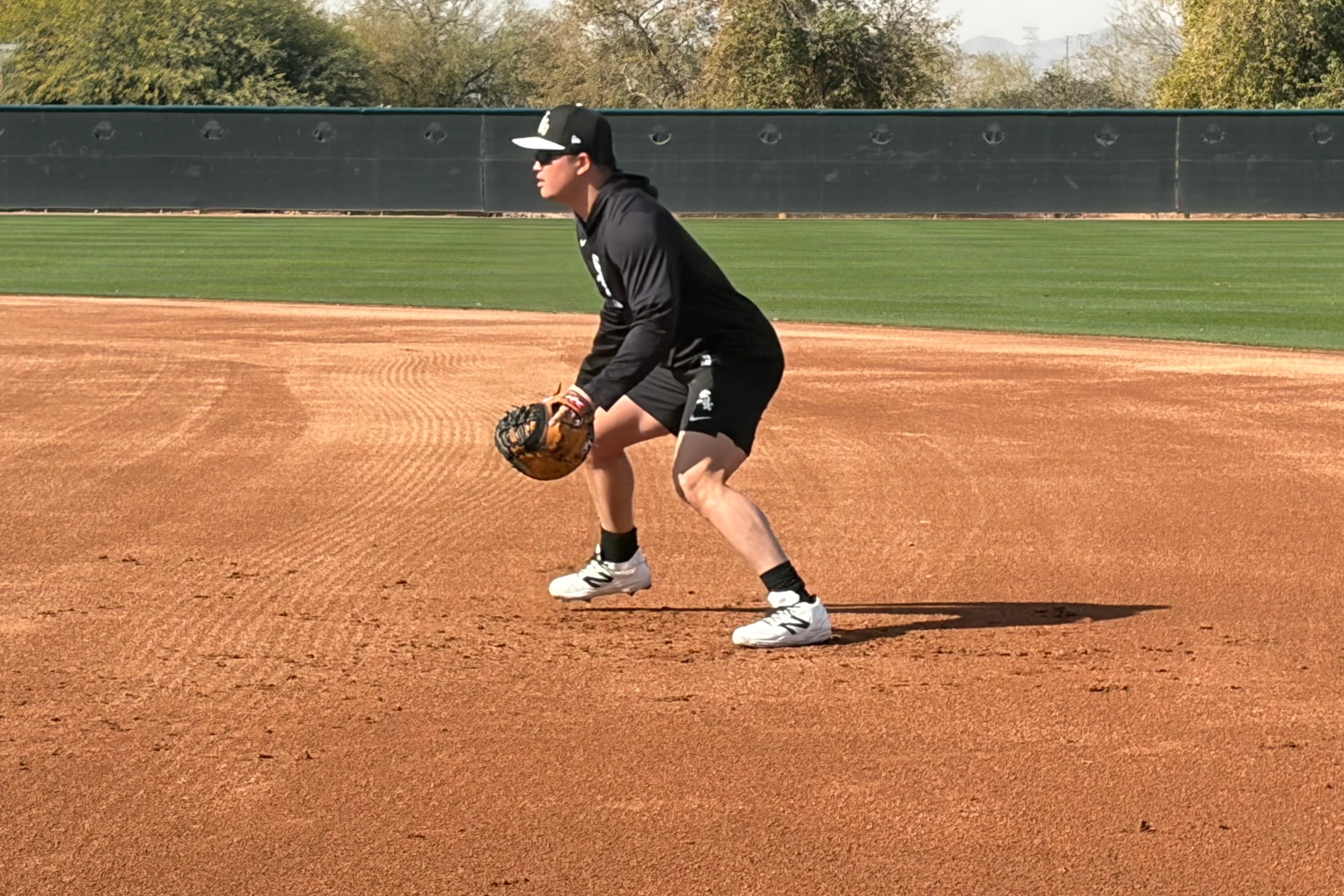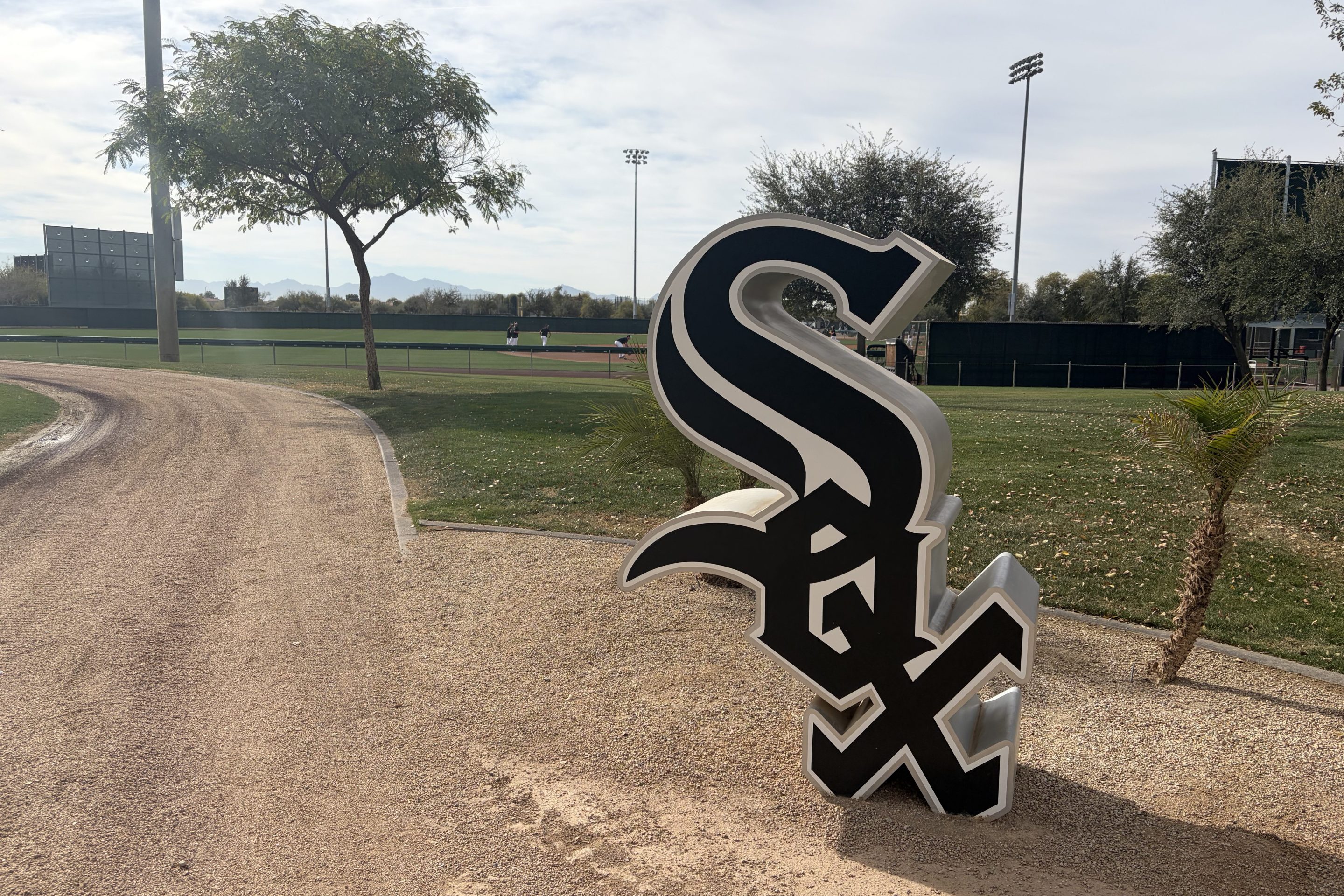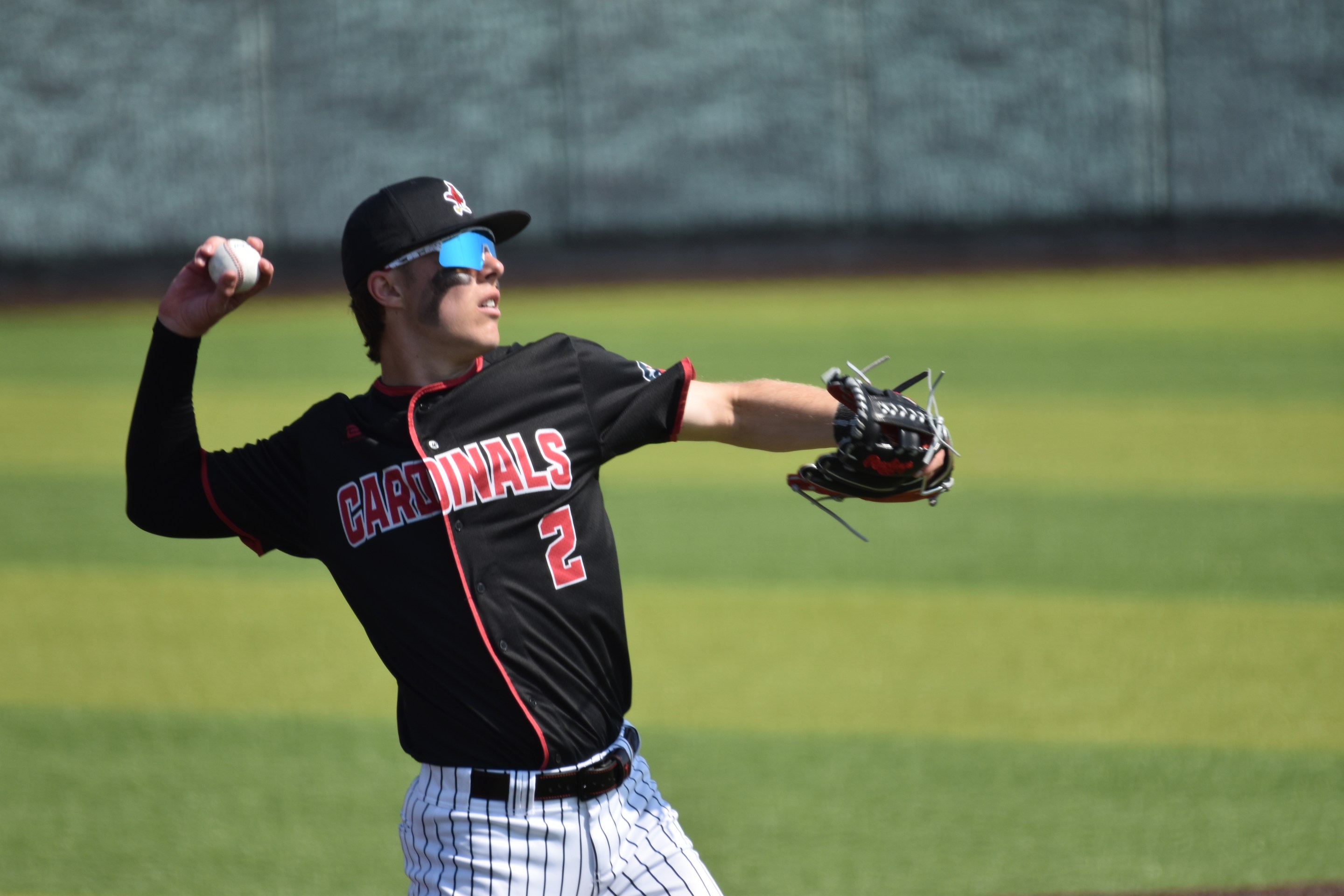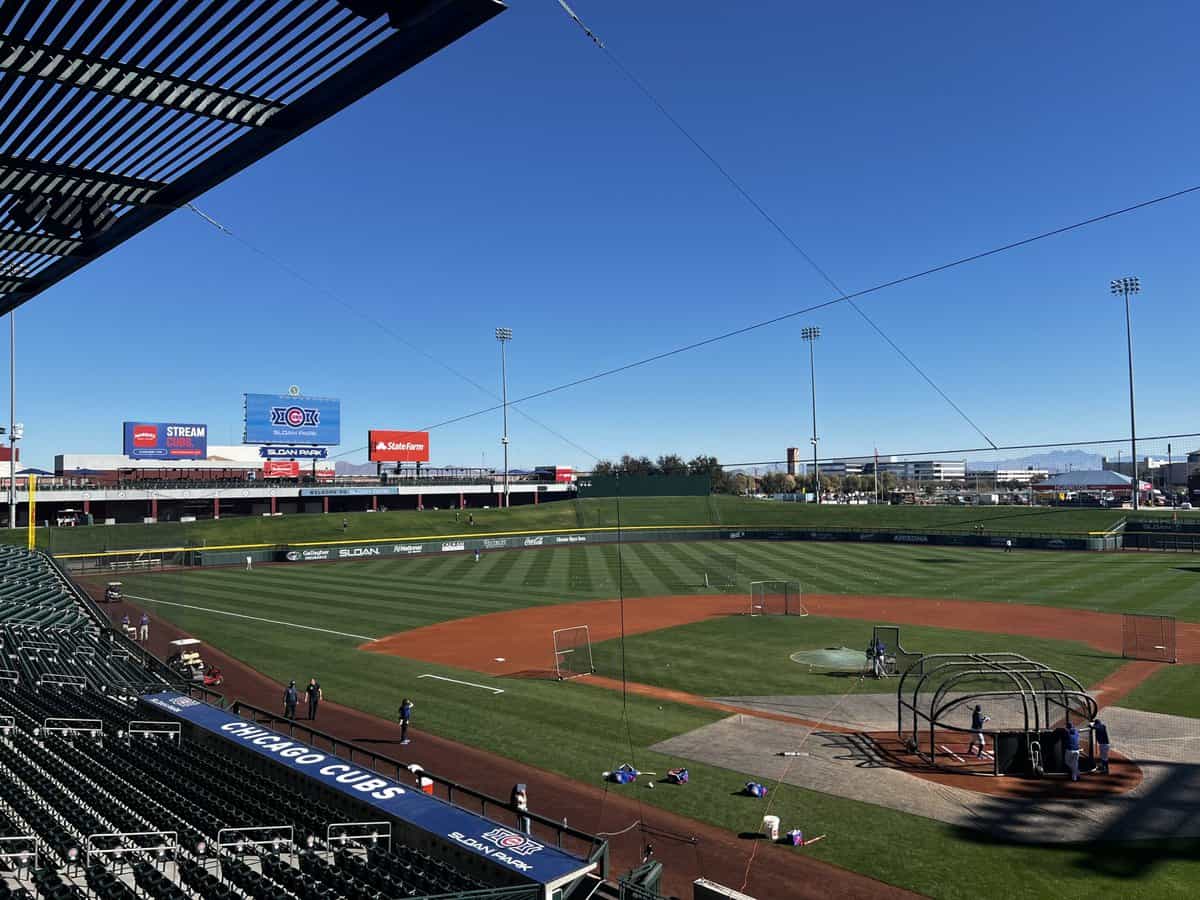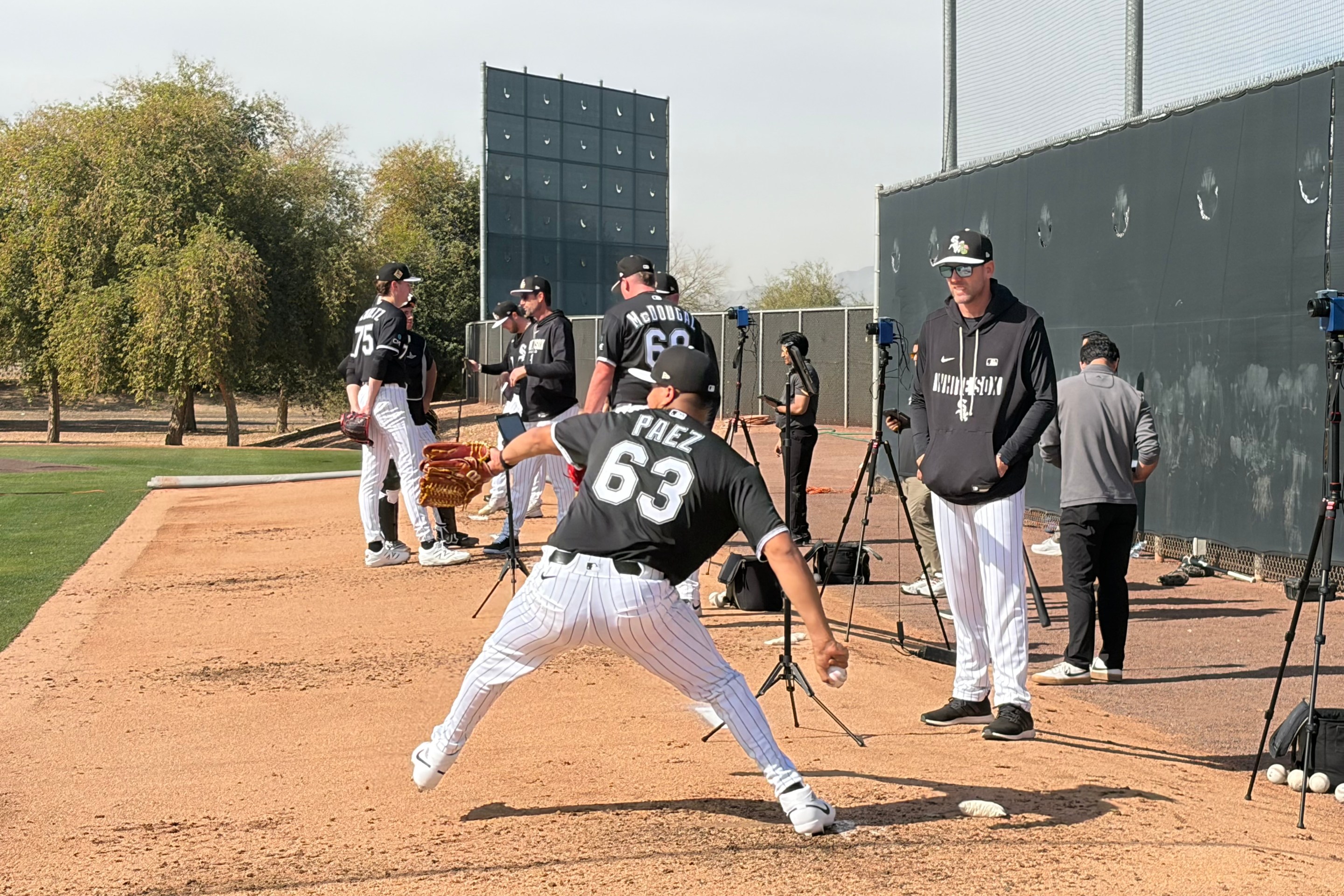After the White Sox thudded out of the Wild Card Series against Oakland thanks to a shortage of postseason-grade starting pitchers, Rick Hahn set out to do right by his manager. Granted, it wasn't the same manager who stumped for more starters, nor the manager that Hahn actually wanted to hire, but by acquiring Lance Lynn from the Texas Rangers for Dane Dunning and Avery Weems in December of 2020, he solved a problem nevertheless.
The trade achieved what it set out to do on both sides. Lynn finished third in the American League Cy Young vote and started Game 1 of the ALDS against the Astros, and he also signed an extension that was probably closer to invoice than MSRP (I'm car-shopping right now, if you can't tell). Dunning has been excellent for the Rangers this year, but it's taken him three years to find footing, and the White Sox didn't have that kind of time. It doesn't look that great now, but all in all, it's a fair deal.
It's been 2½ years since Hahn's last deal of consequence. He's good for a few trades a year, but none of them have been more ambitious than a patch, and just about all of them have been forced by deadlines and crunches. The Lynn trade is the last time Hahn took a player the White Sox could use, and traded him for a player he believed the White Sox could use more.
Here's a list of every trade the White Sox have made since:
July 29, 2021: Traded Konnor Pilkington to Cleveland for César Hernández
The White Sox needed a second baseman after Nick Madrigal tore his hamstring, and Pilkington's velocity didn't rebound the way the Sox hoped when they drafted him in the third round of the 2018 draft. Pilkington made some spot starts for the Guardians, but now he's on the Diamondbacks due to the same issues.
July 29, 2021: Traded Bailey Horn to the Cubs for Ryan Tepera
Horn was the White Sox's fifth and final pick of the truncated 2020 draft, but after a promotion to Winston-Salem triggered some control issues, the Hahn sent him to the Cubs for immediate bullpen help.
July 30, 2021: Traded Nick Madrigal and Codi Heuer to Cubs for Craig Kimbrel
Madrigal was already done for 2021 after his second season-shortening surgery in as many years. Heuer's effectiveness diminished once he was forced to face an entire league, rather than the Central divisions.
March 29, 2022: Traded McKinley Moore to Philadelphia for Adam Haseley
Moore was a 14th-round pick who hadn't pitched above A-ball when Hahn dealt him to the Phillies for Haseley, who was crowded out of Philadelphia's outfield picture.
April 1, 2022: Traded Craig Kimbrel to Dodgers for AJ Pollock
The Sox picked up Kimbrel's option with the intent to deal him, and after months of a lockout and posturing afterward, they finally found a taker in the Dodgers, who sent their own redundant veteran in return.
April 3, 2022: Traded Zack Collins to Blue Jays for Reese McGuire
McGuire was out of options and the Blue Jays had two better catchers, the White Sox needed a backup for Yasmani Grandal, and Collins wasn't that.
Aug. 1, 2022: Traded McGuire and a PTBNL (Taylor Broadway) to Red Sox for Jake Diekman
The White Sox needed left-handed help in the bullpen, McGuire was still out of options, and so was Seby Zavala, who had shown some staying power during Yasmani Grandal's stint on the injured list. When Grandal returned, something had to give.
Dec. 22, 2022: Traded Kade McClure to Giants for Gregory Santos
The Giants designated Santos for assignment in order to clear up a 40-man roster spot, and McClure had survived the Rule 5 draft, so he wouldn't need one for at least one more year.
Feb. 3, 2022: Traded Theo Denlinger to Red Sox for Frank German
The Red Sox had DFA'd German, so he only cost the White Sox Denlinger, a $10,000 senior signing from the seventh round in 2021.
Out of these nine transactions, the Madrigal-Kimbrel trade is the only one that reflected any sort of change in the status quo, and that's only because Madrigal lost the rest of 2021 with a torn hamstring. Even then, Kimbrel was just a reliever, and one who wouldn't have factored into the ALDS even if he'd earned Tony La Russa's trust because all the games were out of hand.
The other eight were prompted by time-sensitive issues on one side or the other:
- Two deadline trades of expiring contracts
- Two trades prompted by DFAs
- Two trades prompted by lack of options
- One trade of a player Sox never planned to keep
- One trade for a player crowded out of team's plans
A third of these trades worked out (Tepera, McGuire, Santos). A third of these trades didn't (Kimbrel, Diekman, German). A third of these trades did no harm (Hernández, Haseley, Pollock). However, none of them altered the construction of future rosters, except that Hahn tied his own hands by exercising Kimbrel's option, and had to wait until the final moments of the preseason to find his outfielder.
This inactivity is one of the reasons why every White Sox team has the same problems. This isn't the first year the White Sox have received zero production from right field or second base. This isn't the first White Sox team that can't draw walks or pull the ball in the air. This isn't the first time the White Sox have resorted to rolling out four first basemen on one lineup card.
Hahn seems to understand this, because he's expressed a desire to deal. He castigated himself after the 2022 trade deadline for not doing more. He then said at the following general managers meetings that he expected to shape the roster more through trades than free agency, and while Santos has been a nice find, he's merely another reliever for a team that's acquired way too many of them.
Does Hahn get stage fright? Is he afraid of taking an "L" on a deal, even if unclogging the depth chart is its own reward? Does the league just have no interest in expendable White Sox players no matter the price? All are possible, but however it happened, the roster has grown so stale that Hahn looks like he'll finally be forced into making a trade of consequence. The only question is whether he'll be inspired to look beyond possible free agents like Lynn, Lucas Giolito and Joe Kelly and think in a more transformative fashion.
Whatever he chooses, the trade will be the kind that makes the team worse in the near future. The silver lining is that he's better at these kinds of moves than ones that aim to improve immediate fortunes, which might be a reason the deals dried up.
